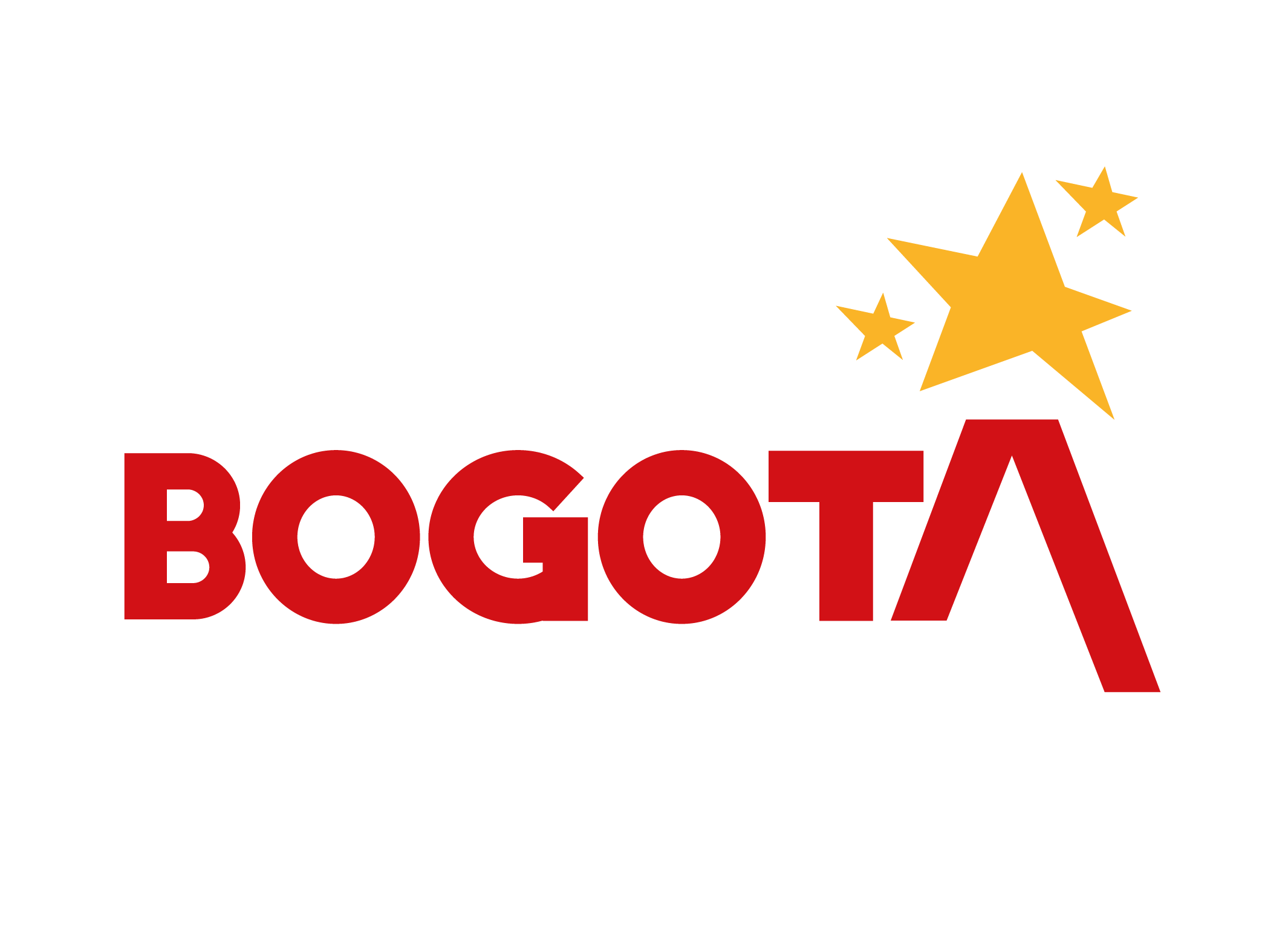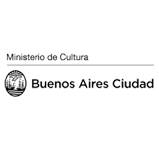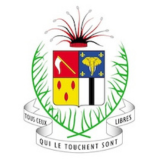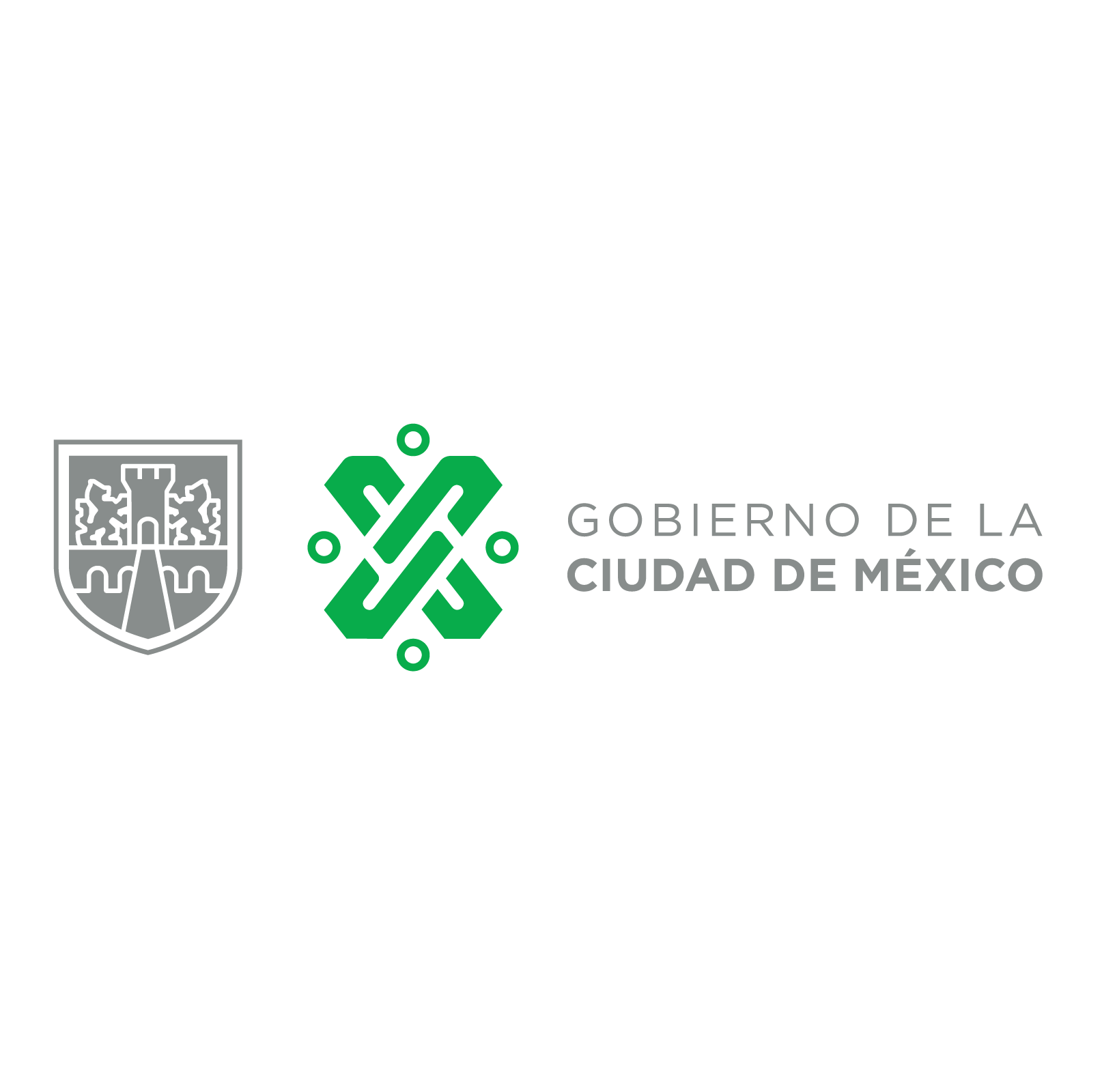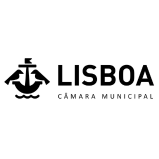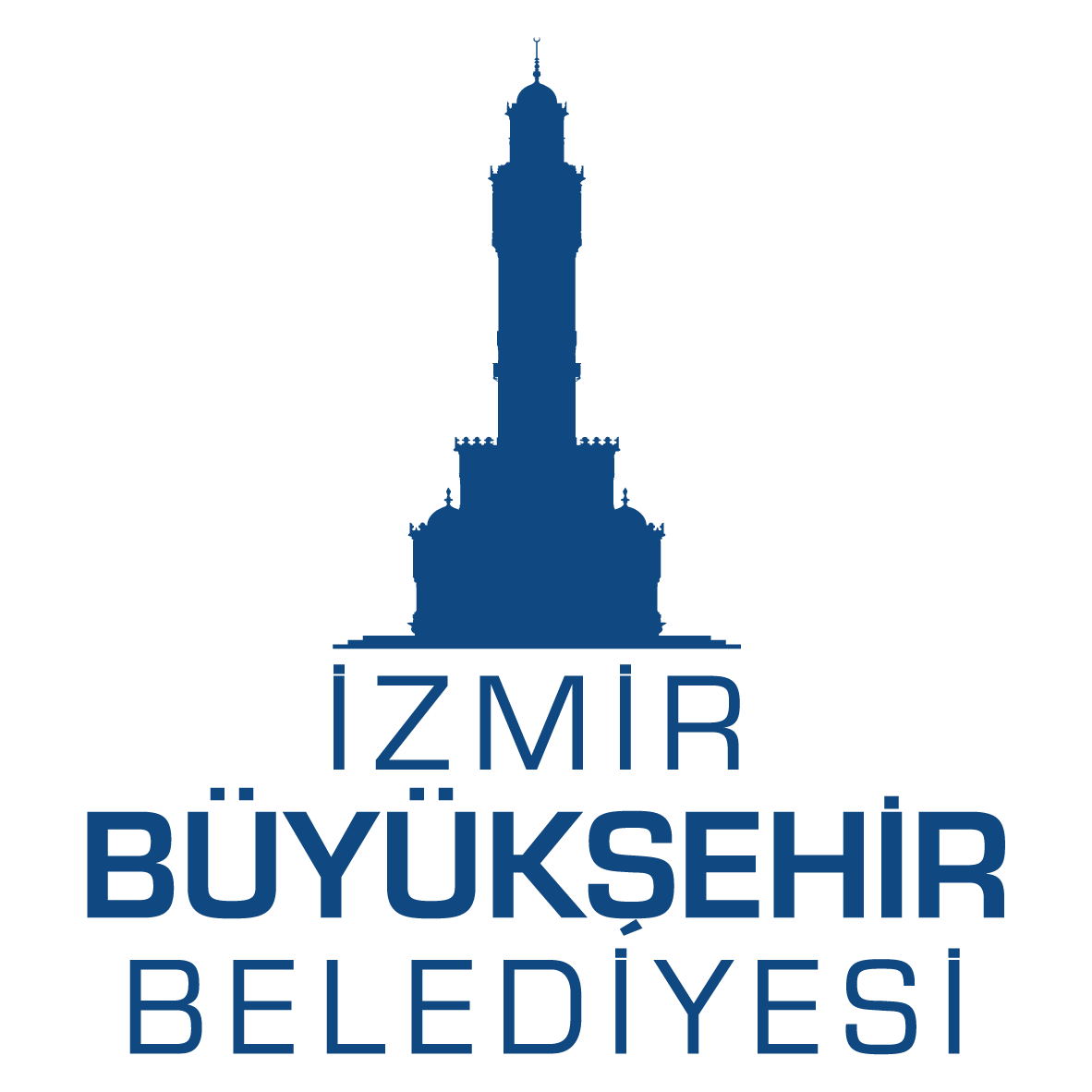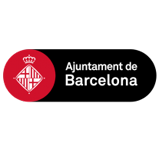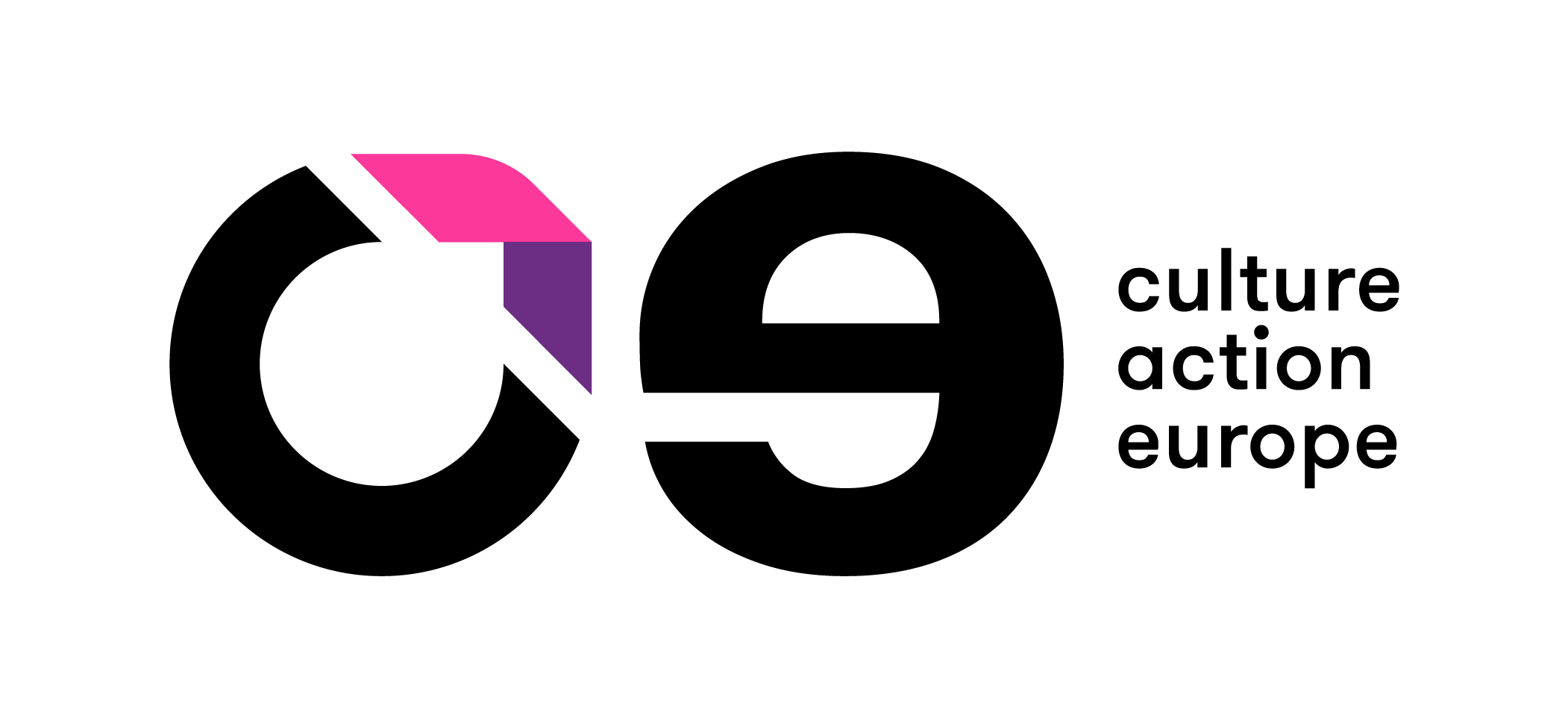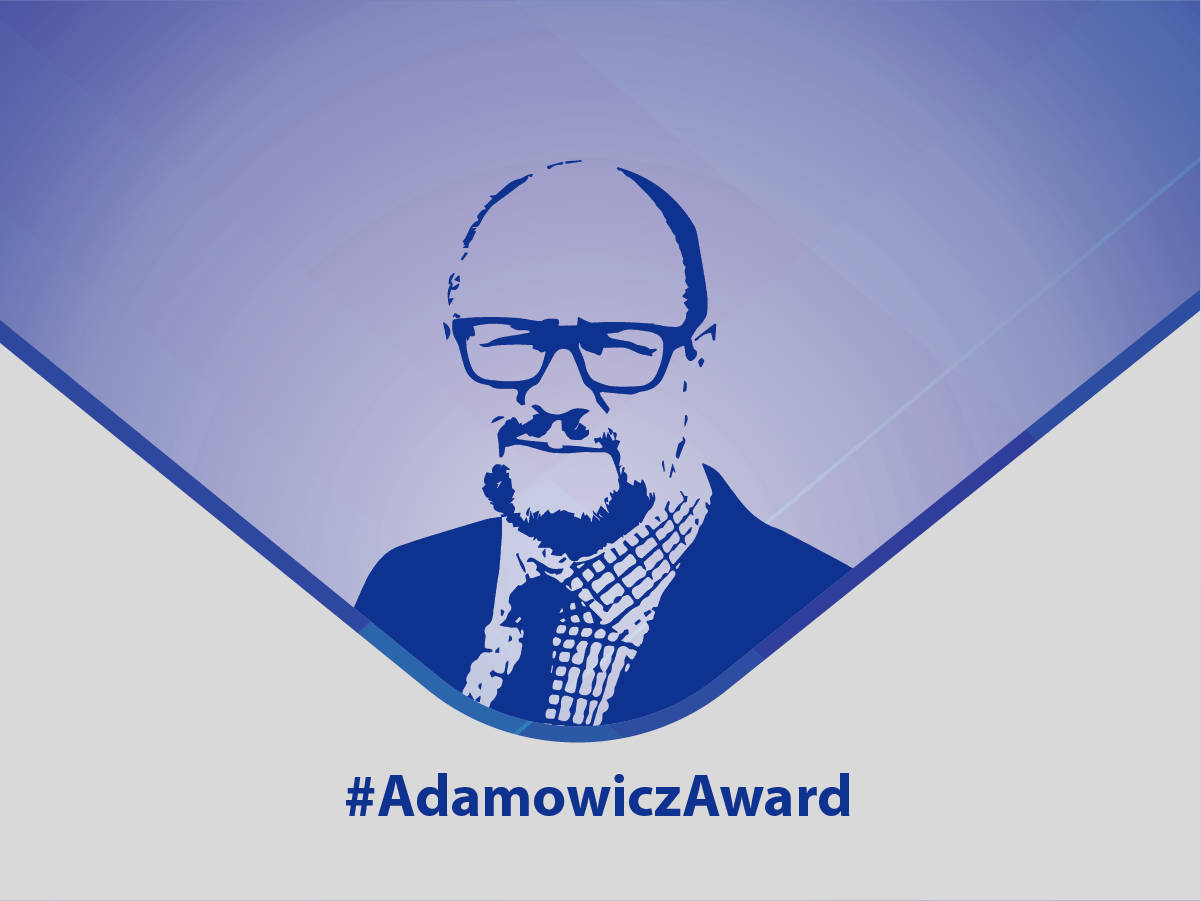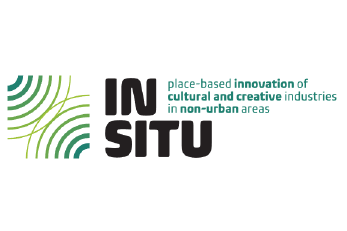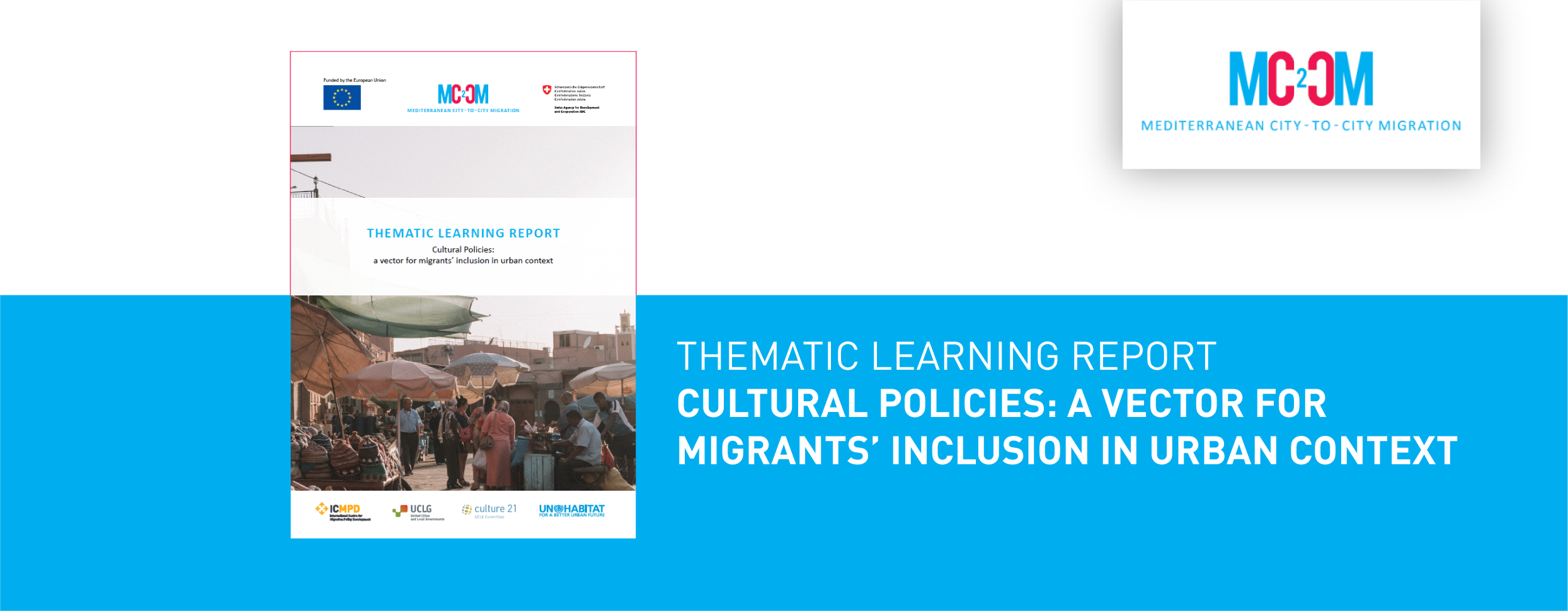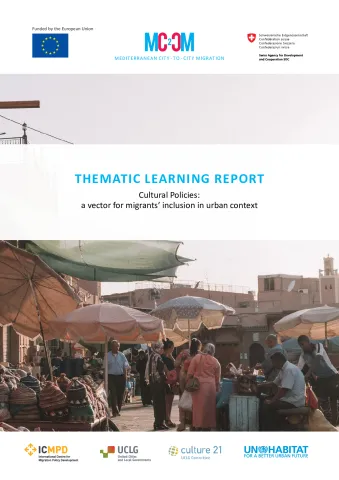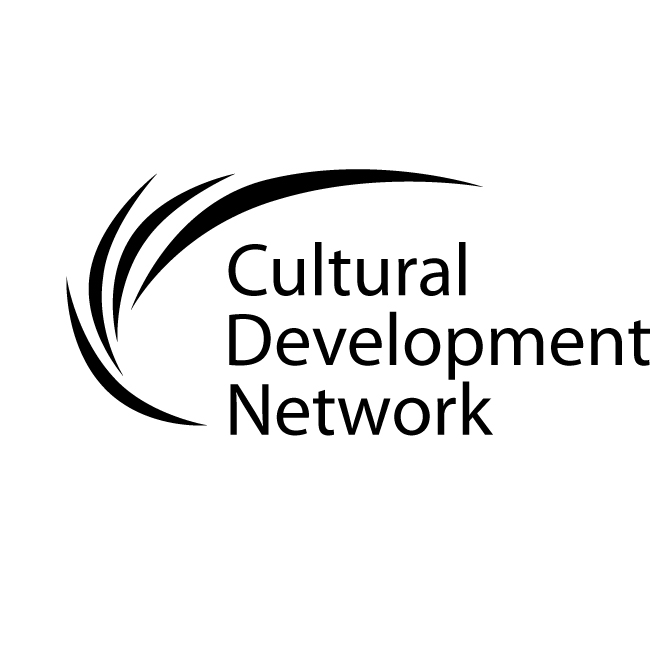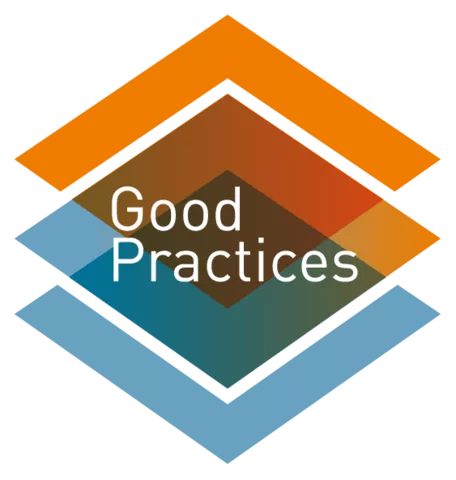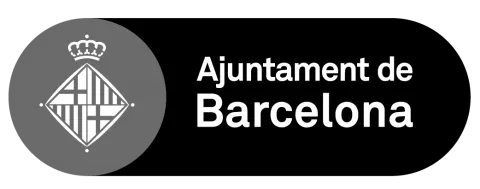Privacy
According to the provisions of Law 15/1999 and Royal Decree 1720/2007 approving the Regulation of Development of the Data Protection Act (Official Data Protection Law), the user is informed of the inclusion of their data in UCLG computer files and its treatment. The data obtained will be derived from navigation and from user queries or suggestions. This data will be treated with the aim of dealing with your request, facilitating enrolment in our organisation, sending you our newsletter or information related to UCLG. We also carry out the monitoring, statistics and analysis of the e-mails and the newsletter we send, with the aim of checking their correct delivery, evaluating the reply received and improving communications with recipients. For more information, consult the Cookies section.
The user has the right to oppose the use of any of their data and its use for any purpose other than what is expressed in this notice, being able to exercise rights of access, rectification, cancellation, and opposition in accordance with current legislation. If this is the case, the user should contactt UCLG – C/ Avinyó 15 (08002) Barcelona.
The user's acceptance that their data can be treated or disposed in the manner provided in this paragraph is revocable, without retroactive effect, in accordance with Articles 6 and 11 of Law 15/1999 of 13 December. Please contact us if you have any queries: lopd@uclg.org.


